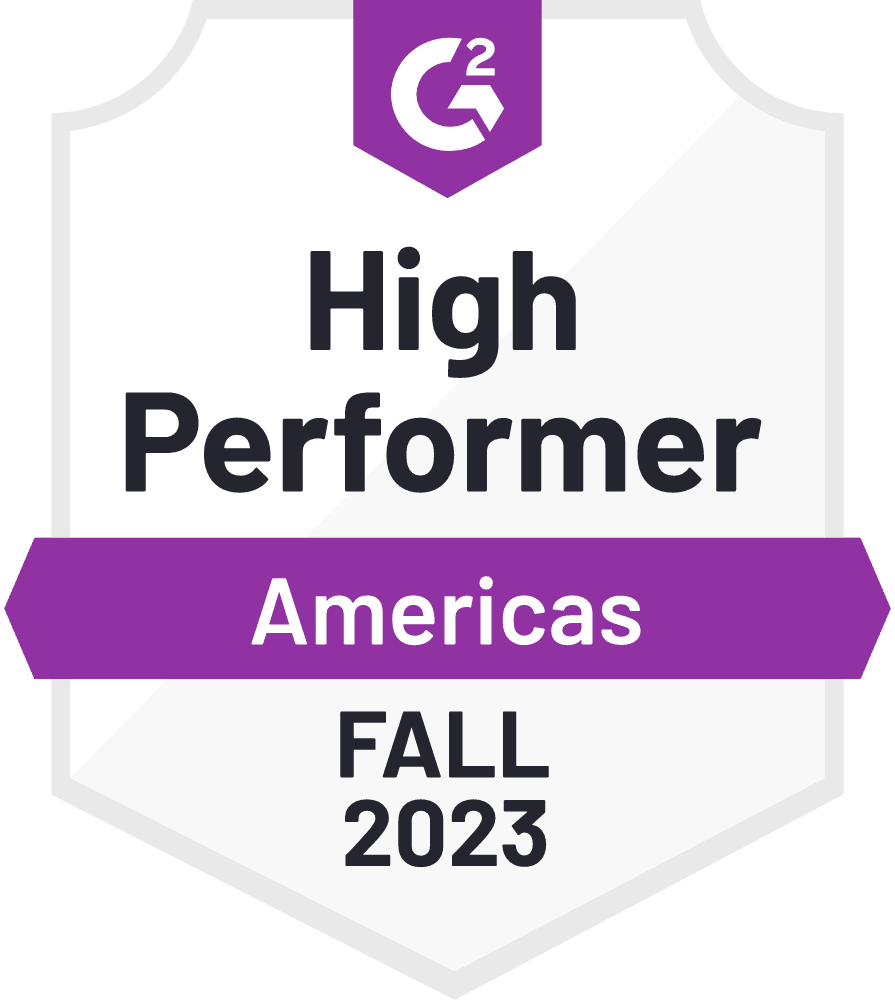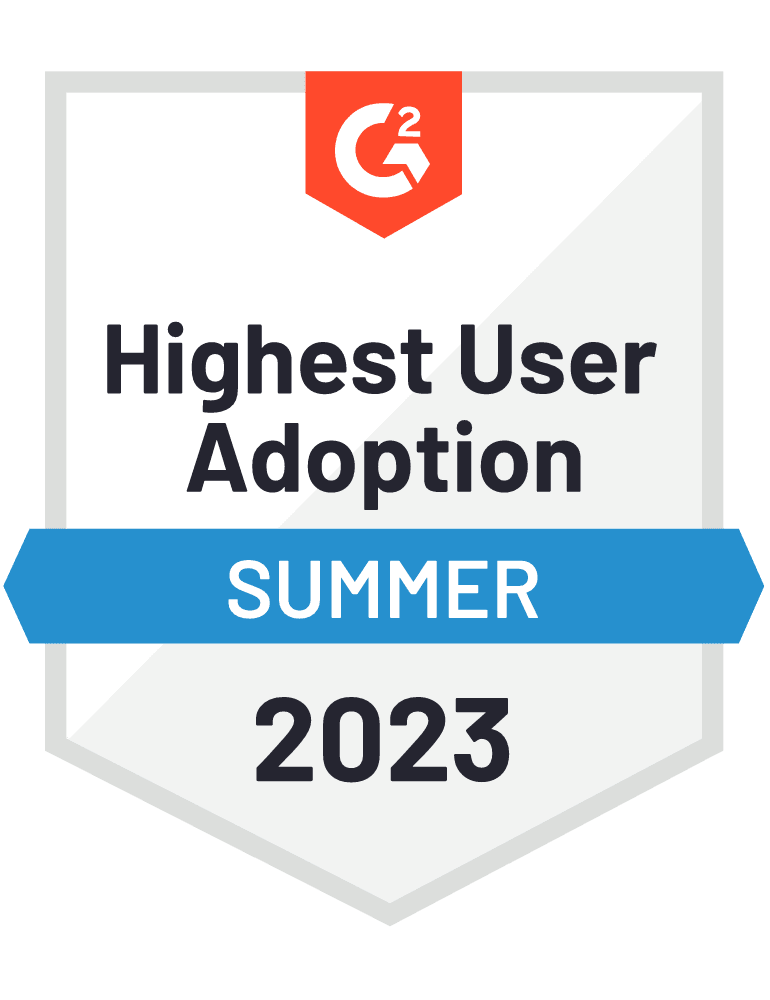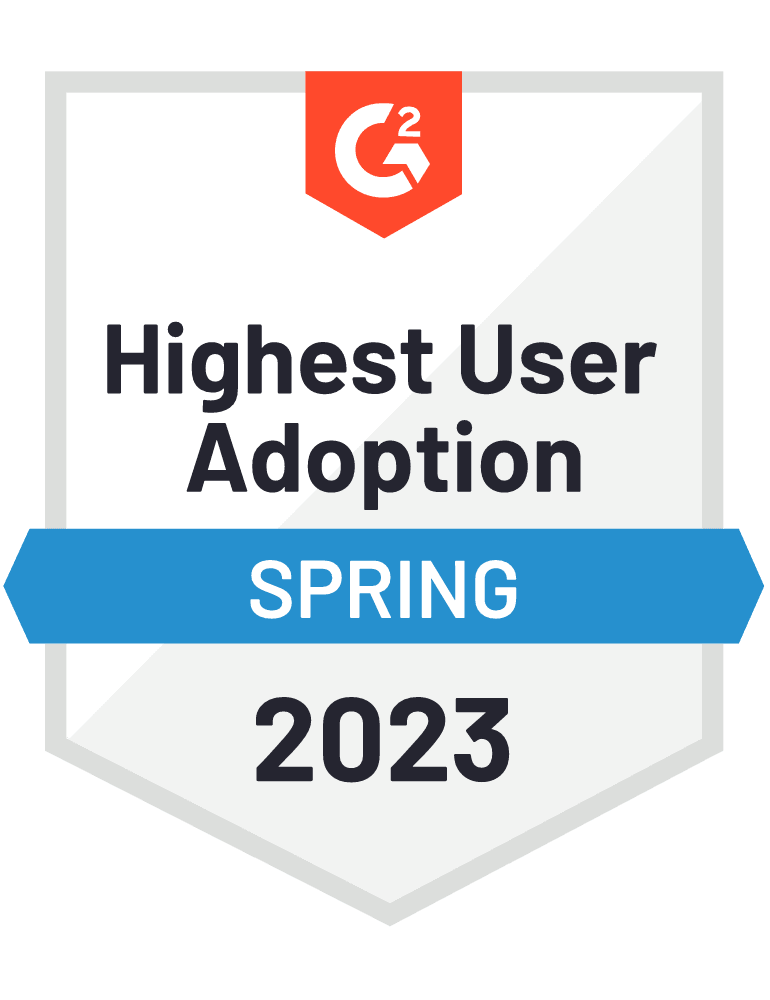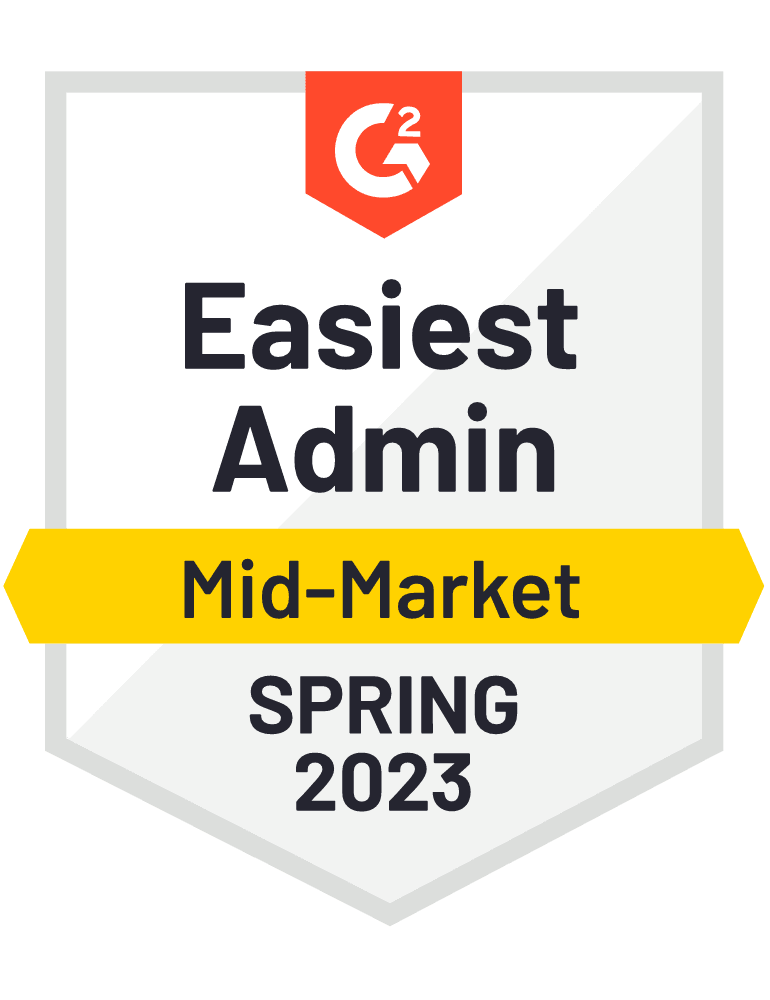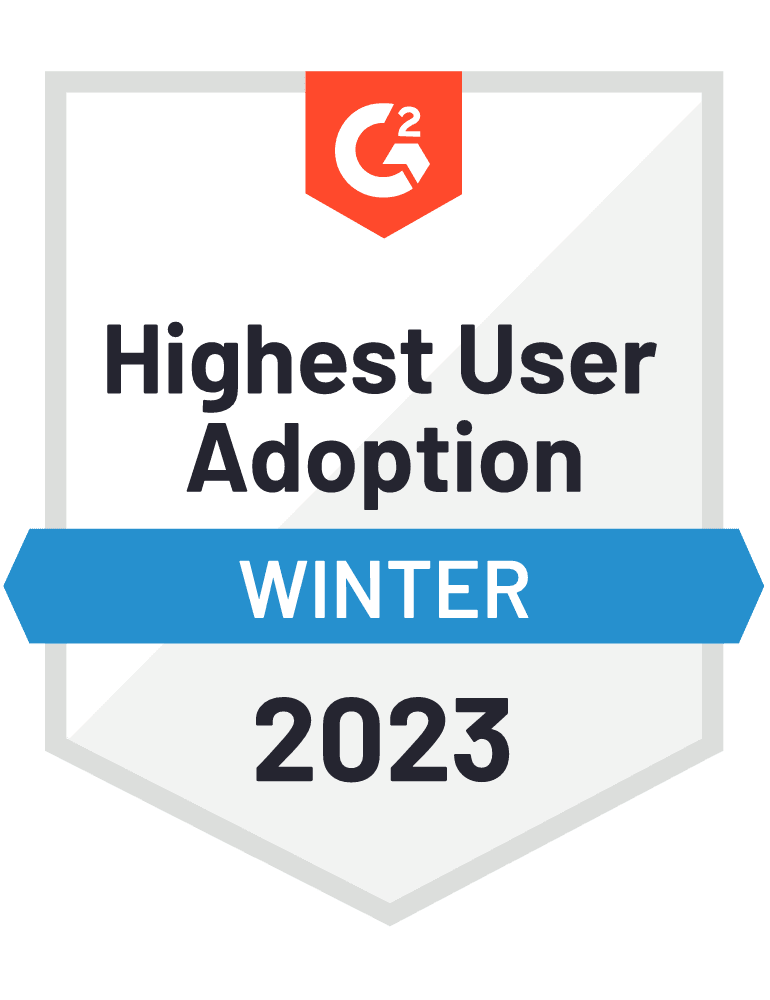Wondering what's going on in the payroll world these days?
You're in luck! We've got our monthly round-up of the payroll news and updates you need to know.
This is Pay Matters – the September 2018 edition.
Stay informed and in compliance with our monthly payroll alerts and insights. Happy Labor Day!
FEDERAL PAYROLL UPDATES
W-2 Filing Extension No Longer Automatic
It’s final. Employers cannot receive an automatic 30 day filing extension for Forms W-2 and Forms 1099-MISC with information in Box 7.
Prior to 2016, employers could apply for an extension of time to file Forms W-2 and 1099-MISC and would be automatically granted an extra 30 days to file. Beginning in 2016, the IRS published temporary regulations removing the automatic 30-day extension, and on August 1, 2018, the IRS finalized this ruling for all future years.
That doesn’t mean there will be no more exemptions – just that the granting of exemptions won’t be automatic.
The IRS will be revising Form 8809, the extension request form. Rather than requiring a narrative explanation of the need for extension, the IRS will provide check boxes through which the employer will indicate the reason for the request. Extensions will only be granted for one of these 5 reasons:
- the business is in a federally-declared disaster area and that disaster either (a) left the business unable to resume operations or (b) made necessary records unavailable;
- fire, casualty, or natural disaster affected the operation of the business;
- the death, serious illness, or unavoidable absence of the individual responsible for filing the returns affected the business's operation;
- the information return is being filed for the first year of business; or
- the filer did not timely receive data on a third-party payee statement.
Employers who do not meet these criteria and are not granted an extension may be charged penalties for late filing.
The publication of this regulation does not affect the employer's obligation to provide workers with a copy of Forms W-2/1099-MISC, for which the deadline remains January 31.
For more details on the law, click here.
STATE PAYROLL UPDATES
New Jersey to Allow Local Payroll Taxation
Employers in New Jersey may find themselves paying local payroll taxes as their populations grow. On July 24, New Jersey Governor Phil Murphy signed a bill allowing municipalities with populations over 200,000 to impose payroll taxes on employers. Currently, only Jersey City is large enough to qualify for imposing this tax (Newark already has an employer payroll tax in place).
Effective July 24, qualifying municipalities may impose up to a maximum tax rate of 1 percent of an employer’s payroll. This new tax would be paid by the employer and would not affect employees’ paychecks. Municipalities can also allow employers to exclude residents from the payroll tax calculation.
For a copy of the text of the law, click here.
New York HHA Meal/Sleep Time Exclusion Rule Extended - Yet Again
As previously reported, NYS DOL had issued an emergency rule allowing home health agencies to continue excluding qualified meal and sleep periods from pay, despite court rulings in September 2017 to the contrary. This emergency rule has now been readopted until September 27, 2018.
The DOL had announced on April 25 that it “intends to adopt this emergency rule as a permanent rule and will publish a notice of proposed rule-making in the state register at some future date.” The permanent ruling has yet to be published. Thus, employers can continue to rely on the emergency rule and need not pay for a qualified meal and sleep periods. As always, all pay practices should be reviewed with your legal counsel for compliance.
Illinois State Withholding Tax Changes Retroactively
On August 14, Illinois Gov. Bruce Rauner signed a bill to index the state’s personal exemption for inflation until 2023. Therefore, withholding tables were revised to increase the personal exemption to $2,225 from $2,000 for 2018. The new tables are retroactive to January 1, 2018. Employees may see small changes to their withholding as a result.
For more details, click here.
MINIMUM WAGE UPDATES
Seattle Domestic Worker Minimum Wage
The city of Seattle has become the first city in the United States to set labor standards for domestic employees. Currently, only certain states have laws guaranteeing domestic worker rights.
Under the Seattle Domestic Worker Bill of Rights, effective July 2019, all domestic workers must be paid Seattle minimum wage, have an uninterrupted meal and rest periods, and, for workers who reside where they are employed, be given one 24- hour period off in a seven-day work period.
The law also creates the Domestic Worker Standards Board which will convene in the first quarter of 2019 to discuss and establish further standards.
For more information on this legislation, click here.
Minnesota 2019 Minimum Wages to Rise
Effective January 1, 2019, Minnesota’s hourly minimum wages will increase to $9.86 for large employers and $8.04 for small employers, youths, training, and the summer work-travel exchange-visitor program.
Large employers are those with annual gross revenue of at least $500,000. The training wage may be paid to employees under 20 years of age for the first 90 consecutive days of employment, and the youth wage rate may be paid to employees younger than 18.
Note that the city of Minneapolis has higher minimum wage rates than the state: $11.25 for large employers and $10.25 for small employers. Work done in Minneapolis must be compensated at this higher minimum. The city defines large employers as those with more than 100 employees.
This information is for educational purposes only, and not to provide specific legal advice. This may not reflect the most recent developments in the law and may not be applicable to a particular situation or jurisdiction.





